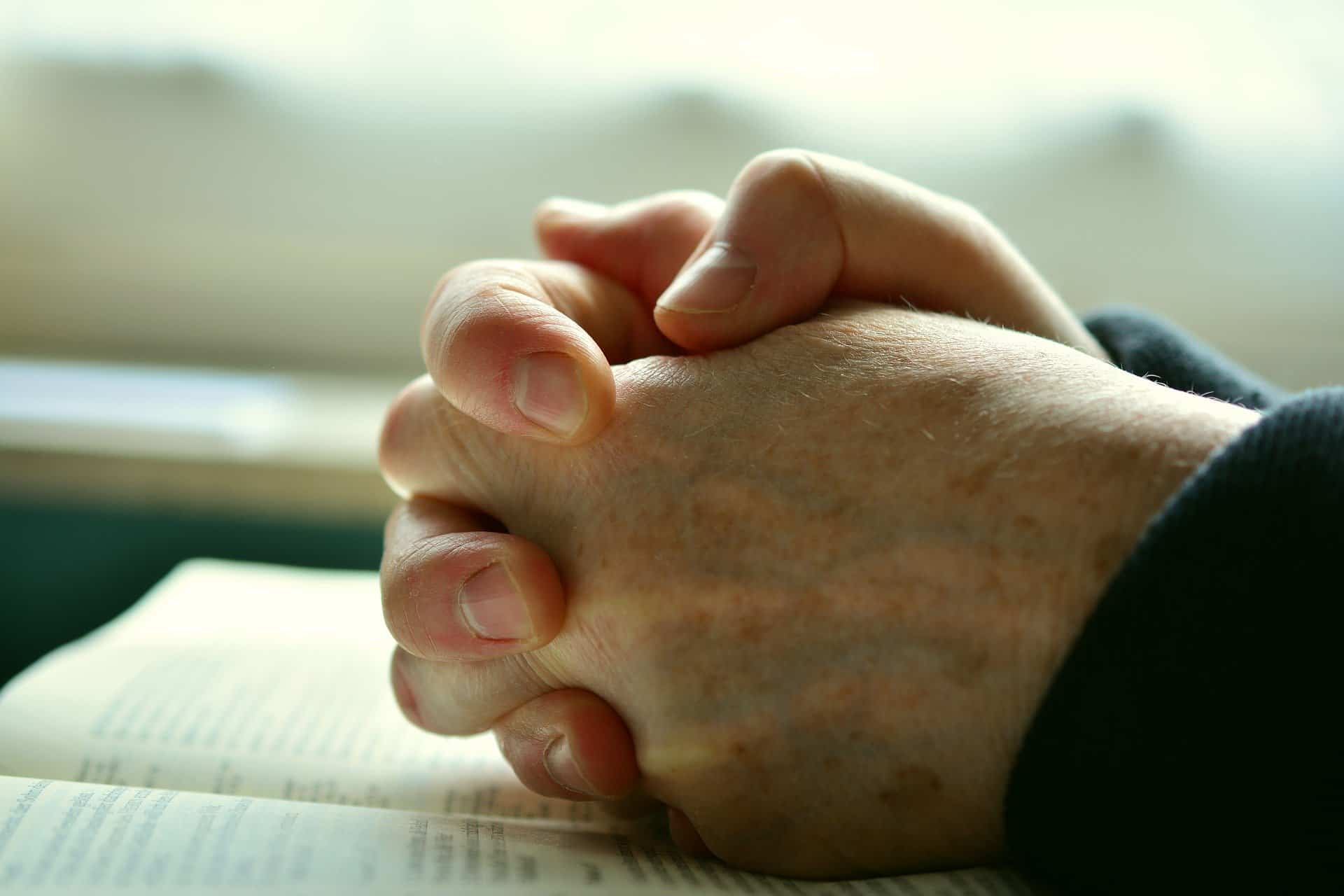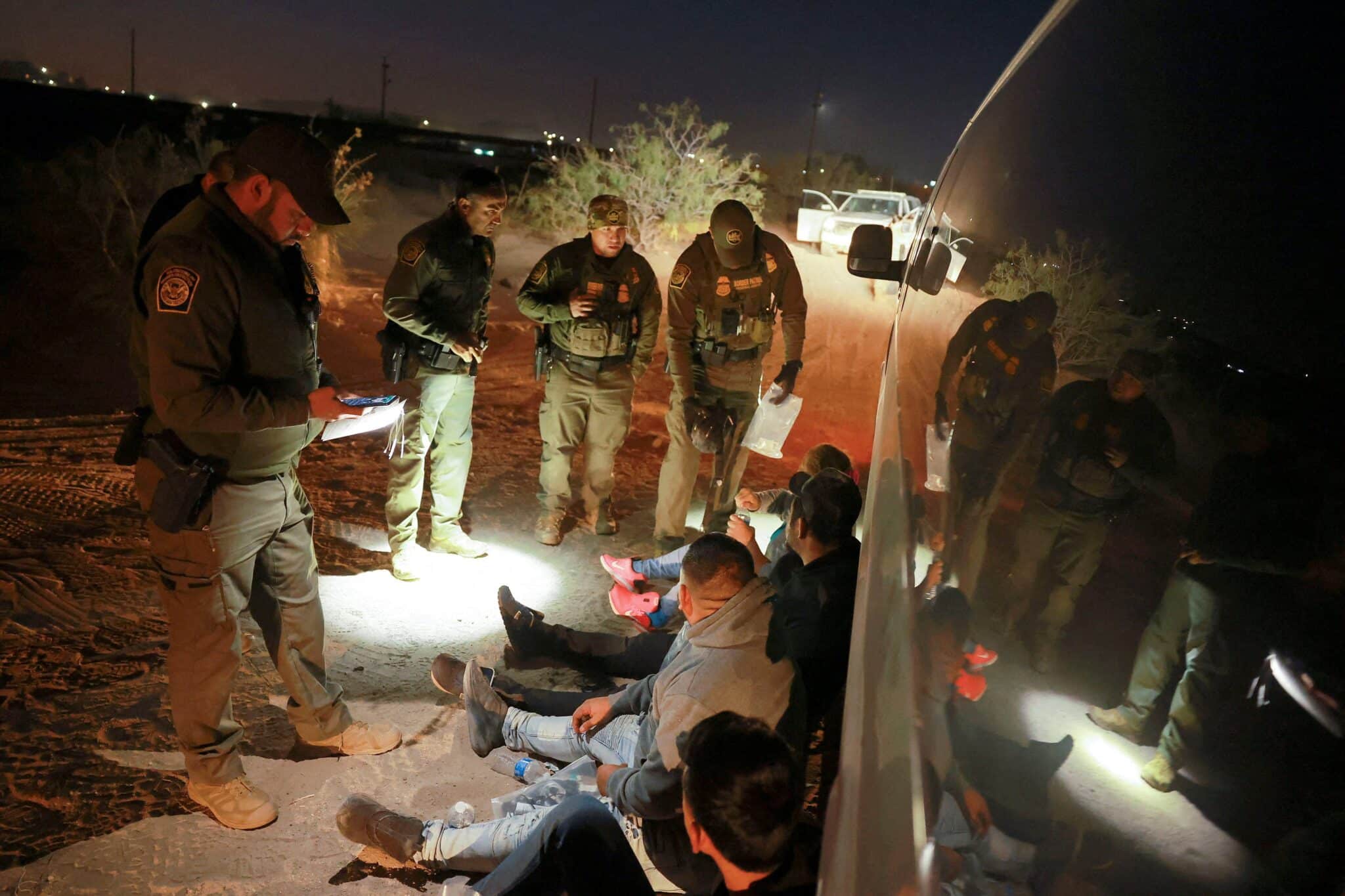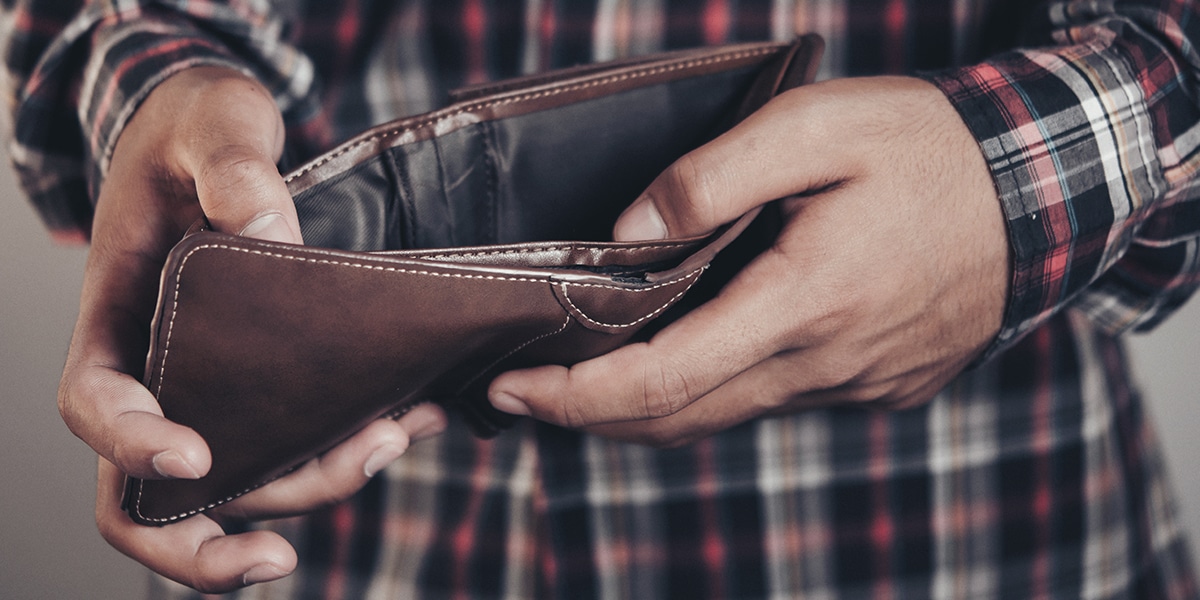Q: Some people speak as though particular prayers or a series of prayers (such as a novena) are more powerful than simpler prayers. Is this true? Also, if I believe that God’s will is always done, why should I pray for a particular outcome? How can my prayers affect God’s will one way or the other?
A: The most powerful prayers are the most honest prayers. That is why, after telling the story of the Pharisee and the tax collector praying in the Temple (Luke 18:9-14), Jesus says that only the tax collector truly prayed. We should pray for what we need, but our prayers do not pile up so that eventually God responds reluctantly, “O.K., have it your way.”
We live with past, present and future time; we must. God does not relate to time that way. If God did, that would be a limitation. We do not pray because we fear that God’s Plan A regarding some situation of interest to us is the wrong choice—and that our prayer can convince God that our Plan B is the better one to accept and carry out.
Deep down, we pray because prayer is the only honest response to the gift of life that we have received. Prayer also draws us closer to the person or people for whom we are praying. Prayer leads us to do what we can (for example, visiting the sick), even though we cannot guarantee the outcome of every situation about which we pray.








